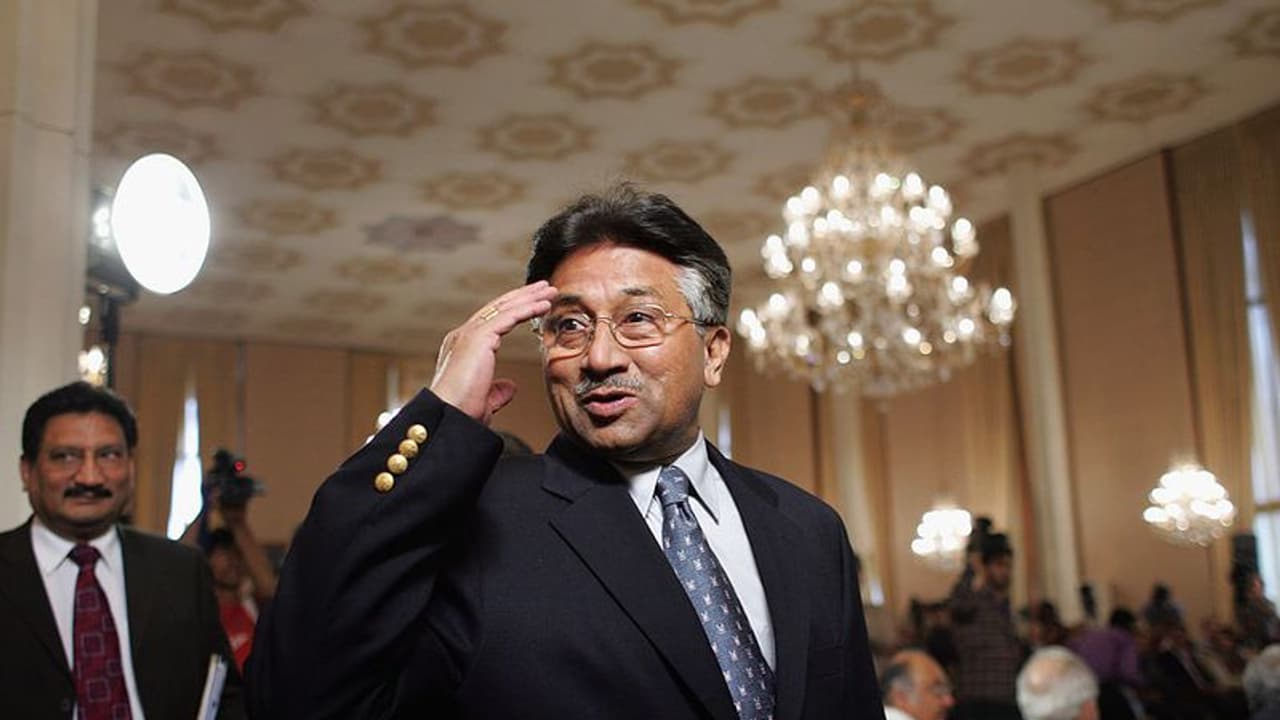Late Pakistan dictator Pervez Musharraf was handed a fresh death penalty judgment as the Supreme Court of Pakistan upheld the decision of a special court in 2019. Pervez Musharraf died last year in Dubai after suffering from amyloidosis.
Pakistan Supreme Court on Wednesday in a hearing upheld the death penalty for Pervez Musharraf a year after his demise. Pakistan’s last military ruler died in Dubai last year due to amyloidosis. A hearing on a treason case involving the late dictator continued despite his demise.

The Apex Court headed by a four-judge bench involving Chief Justice of Pakistan Qazi Faez Isa, Justice Mansoor Ali Shah, Justice Aminuddin Khan, and Justice Athar Minallah gave the tricky judgment. Pervez Musharraf was already awarded the death penalty for treason in 2019 by a special court. The late dictator had been living in Dubai since 2016 to escape any criminal proceedings.
During the PML-N government tenure, the special court passed the judgment on the death penalty after a case was filed against Mushraf for his coup in 2007. The special court termed the enforcement of the emergency in 2007 as unconstitutional. Despite appeals, the Apex Court reserved its judgment. However, the Lahore High Court struck down the death penalty by the special court after Mushraf’s demise.
Supreme Court's latest judgement on Wednesday in turn declared the judgement of Lahore High Court as null and void and upholding the death penalty. Many in Pakistan are confused over the Apex Court’s decision. Many on the internet are trolling the Supreme Court for enforcing the death penalty to an already dead man.
However, the Supreme Court clarified the need for upholding the death penalty by saying, “We should learn from our history. Even if someone was not punished for abrogating the constitution, at least one should admit that what was done in the past was wrong.” According to the Supreme Court, the primary motive behind the judgment was to recognize the wrongdoing of the past.
